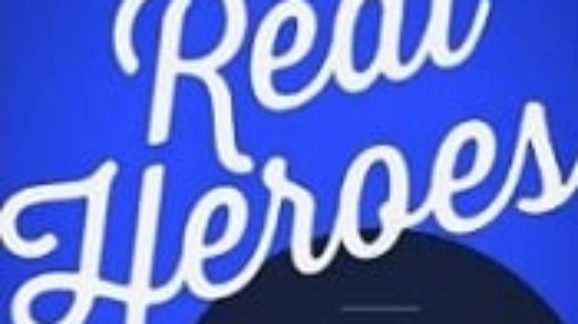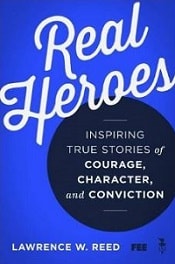Learning Lessons from Reed’s ‘Real Heroes’

 About a dozen years ago, I developed a habit of asking the same question when I interviewed someone for a job. Typically, about two-thirds of the way through the allotted time, I ask a candidate if he or she has a hero.
About a dozen years ago, I developed a habit of asking the same question when I interviewed someone for a job. Typically, about two-thirds of the way through the allotted time, I ask a candidate if he or she has a hero.
The specific answers have never mattered as much the humanity expressed through the answer. If you have a hero, I am willing to bet you have a strong connection to that person. The non-traditional interview question seeks to understand the humanity and passion of the candidate. It also clearly signals that I’m not interested in hiring just a set of skills or a resume, I need to hire a person with a real beating heart, who has lived and thought about life. Try it sometime – you’ll find that it is not a question where it is easy to fake the answer.
As a result, I was delighted to find an early copy of a new book that serves as primer on what it takes to make a hero.
With Real Heroes, his latest book for the Foundation for Economic Education, Lawrence W. Reed brings to life dozens of stories where high character animates courage and triumph. Reed has mastered the maxim that people think analytically but learn analogically. He carefully makes the case that we need real heroes and they can be found all around, if we are willing to see them.
From the ancient Cretan labyrinth of the Minotaur to contemporary made-for-television dramas, hero stories are a fixture across time and social circumstance.
In Real Heroes: Inspiring True Stories of Courage, Character, and Conviction, we learn the stories of the men and women who we can all emulate. Reed provides concrete example of how ordinary people can relate to the extraordinary among us. Stocked with forty short portraits – from among history’s well-known, unknown and even a few forgotten – Reed deftly highlights life lessons without preaching. In Reed’s telling, heroes are often courageous and always exemplify character – two things we would all do well to look for in the workplace, and all around.